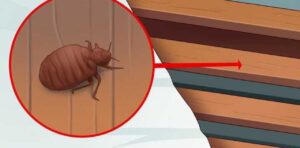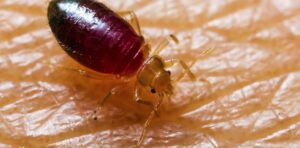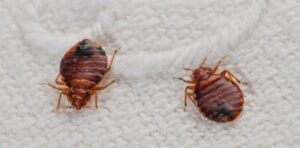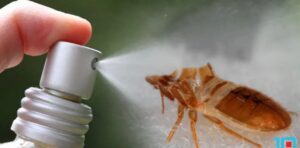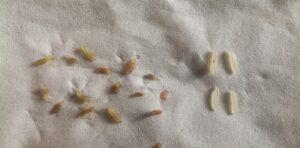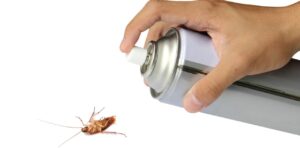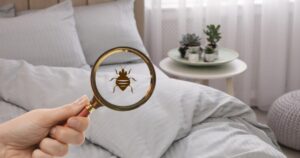Bed bugs are a persistent problem for many individuals, causing discomfort and frustration. As such, finding effective and natural remedies to eradicate these pests has become a priority for those seeking a sense of belonging in their own homes. One such remedy that has gained attention is eucalyptus. Known for its distinct scent and potential health benefits, eucalyptus has been suggested as a possible repellent for bed bugs. This introduction aims to explore the question, “Do bed bugs like eucalyptus?” by examining the characteristics of bed bugs, the properties of eucalyptus, and the findings of studies on the repellent effects of eucalyptus. Additionally, alternative natural remedies and recommendations for dealing with bed bugs will be discussed.
Key Takeaways
- Eucalyptus oil has been studied for its repellent properties against bed bugs.
- Eucalyptus oil may repel bed bugs and inhibit their survival and reproduction.
- Eucalyptus-based products have shown promising results in reducing bed bug populations.
- While natural remedies like eucalyptus may offer some relief, they are not considered effective standalone solutions and professional pest control services are highly recommended for comprehensive eradication.
The Characteristics of Bed Bugs
Bed bugs possess a variety of specific characteristics that distinguish them from other insects. Understanding these characteristics, such as the fact that cockroaches eat bed bugs, is crucial for effective bed bug behavior assessment and infestation prevention. Bed bugs are small, flat, and oval-shaped insects that are typically reddish-brown in color. They have a segmented body with six legs and are approximately the size of an apple seed
Bed bugs are nocturnal insects that feed on the blood of humans and animals, typically during the night when their hosts are asleep. They are known for their ability to hide in cracks and crevices, making them difficult to detect and eradicate. To prevent bed bug infestations, it is important to maintain cleanliness and hygiene, regularly inspect and vacuum mattresses and furniture, and avoid bringing used furniture or belongings into the home without proper inspection.
The Properties of Eucalyptus
Eucalyptus possesses a range of properties that may have an impact on bed bugs, continuing from the previous subtopic on the characteristics of these pests. Here are three key properties of eucalyptus that are of interest:
- Eucalyptus oil benefits: Eucalyptus oil is known for its various health benefits, including its antimicrobial and insecticidal properties. These properties make eucalyptus oil a potential natural solution for controlling bed bug infestations.
- Eucalyptus for respiratory health: Eucalyptus has long been used for its respiratory benefits. The oil obtained from the leaves of eucalyptus trees contains compounds that can help relieve respiratory ailments, such as congestion and cough. This suggests that eucalyptus oil may also have an impact on bed bugs, as their respiratory systems differ from humans.
- Other potential properties: Eucalyptus has been studied for its repellent properties against various insects. While more research is needed to determine its effectiveness against bed bugs specifically, these studies suggest that eucalyptus may have the potential to repel bed bugs and inhibit their survival and reproduction.
Understanding the properties of eucalyptus can shed light on its potential effects on bed bugs and its possible role in bed bug control strategies. Further research is needed to fully explore the impact of eucalyptus on bed bugs and to develop effective and safe methods for using eucalyptus as a bed bug control agent.
Studies on the Repellent Effects of Eucalyptus
Research has been conducted to investigate the repellent properties of eucalyptus against various insects, including bed bugs. One of the main areas of interest is the efficacy of eucalyptus oil as a bed bug repellent. Several studies have found that eucalyptus oil can effectively repel bed bugs and inhibit their feeding behavior. The active compounds in eucalyptus oil, such as cineole and limonene, have been found to have insecticidal and repellent effects.
Moreover, researchers have compared the effectiveness of eucalyptus-based products against traditional bed bug treatments. It has been observed that eucalyptus-based products, such as sprays and essential oils, can provide a natural and environmentally friendly alternative to chemical pesticides. These products have shown promising results in repelling bed bugs and reducing their populations. However, it is important to note that further research is needed to determine the optimal concentration and application methods for maximum efficacy.
Other Natural Remedies for Bed Bugs
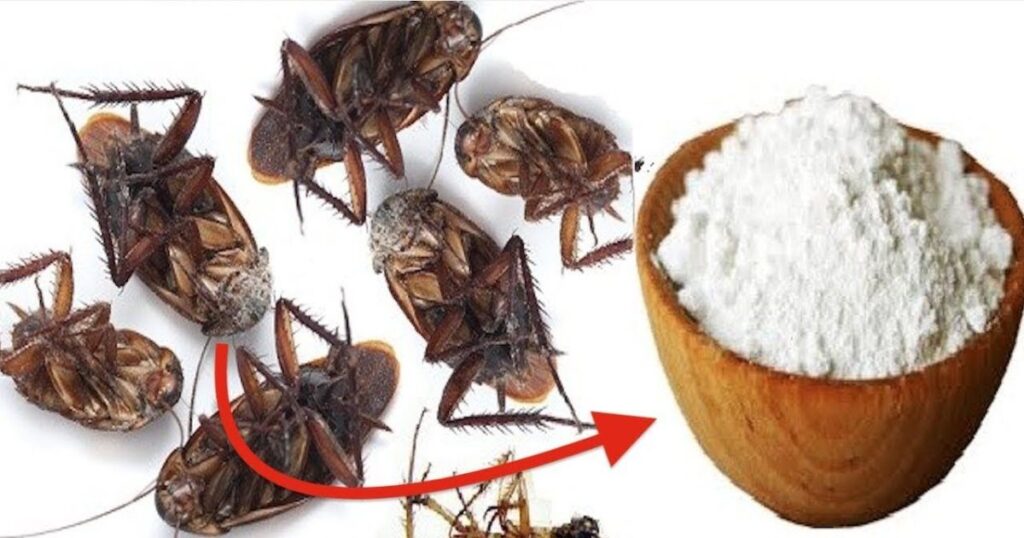
Furthermore, it is important to explore alternative methods for combating bed bug infestations, and natural remedies have gained attention in recent years. Here are some other natural remedies and DIY solutions that have been suggested for dealing with bed bugs:
- Diatomaceous Earth: This natural powder is made from the fossilized remains of marine phytoplankton. It works by dehydrating the bed bugs and causing them to die. It can be applied to cracks and crevices where bed bugs hide.
- Tea Tree Oil: Known for its strong scent, tea tree oil has been suggested as a natural repellent for bed bugs. It can be mixed with water and sprayed onto infested areas.
- Lavender: This fragrant herb is believed to repel bed bugs due to its strong smell. Sachets filled with dried lavender can be placed in drawers, closets, and other areas where bed bugs may hide.
While these natural remedies may offer some relief, it is important to note that they may not completely eliminate a bed bug infestation. Professional intervention may be necessary to fully eradicate these pests.
Recommendations for Dealing With Bed Bugs
To effectively address a bed bug infestation, it is crucial to implement recommended strategies and techniques. While alternative methods for bed bug prevention, such as using eucalyptus, may show some promise, they are not considered to be effective standalone solutions. It is important to note that the effectiveness of these alternative methods has not been scientifically proven. Therefore, it is advisable to rely on proven methods for dealing with bed bug infestations.
Professional pest control services are highly recommended due to their expertise and use of effective treatments. These services often employ a combination of techniques, including thorough inspections, targeted pesticide applications, and heat treatments. Seeking professional help ensures a more comprehensive and successful approach to eradicating bed bugs from your home or business.
FAQ’s
Does eucalyptus repel bed bug?
Yes, eucalyptus is known to have repellent properties that can help deter bed bugs.
Does eucalyptus get rid of bugs?
Yes, eucalyptus is often used as a natural insect repellent and can help get rid of bugs.
What scent do bed bugs hate?
Bed bugs typically dislike the scent of lavender, peppermint, and tea tree oil.
Conclusion
In conclusion, studies have shown that bed bugs are not particularly attracted to eucalyptus. While eucalyptus does possess some repellent properties, its effectiveness in repelling bed bugs is limited. Other natural remedies, such as lavender and tea tree oil, have shown more promise in repelling these pests. It is important to consider a combination of approaches, including professional pest control, to effectively deal with bed bug infestations. Interestingly, a survey conducted in the United States found that 97% of pest control professionals encountered bed bug infestations in 2018.


